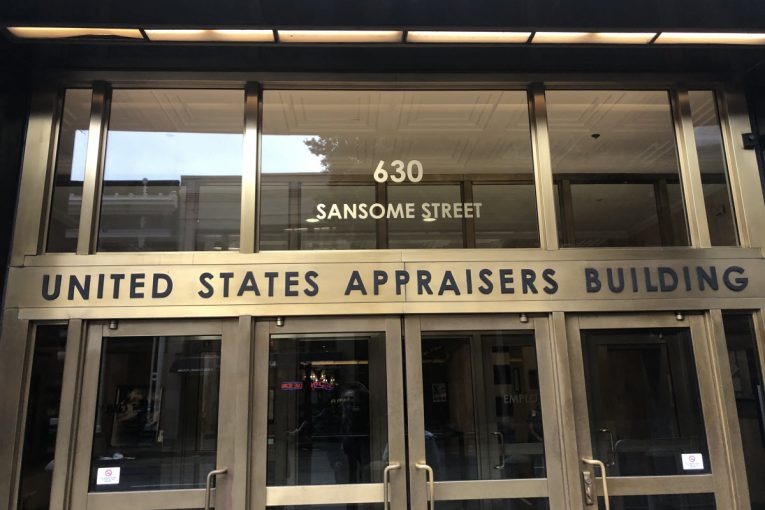
SAN FRANCISCO, CA – Lawyers’ Committee for Civil Rights of the San Francisco Bay Area (LCCRSF) last Thursday urged the Ninth Circuit Court of Appeals to rehear the Doe v. Garland decision, which compromises the ability for individuals detained by ICE from exercising habeas corpus.
Doe v. Garland questions whether a detained immigrant in a private detention facility is supposed to sue the government official who was responsible for the illicit detention procedures, or if they are supposed to sue the individual corporate employee instead, according to LCCRSF.
The LCCRSF reports the court found “that detained immigrants must sue the contracted private detention facility administrator rather than the government official,” which LCCRSF claims goes against “numerous decisions of the Supreme Court and the Ninth Circuit.”
Immigration cases, the LCCRSF argues, “often request bond hearings,” which is an act that private contractors cannot provide, but the government can.
The consequences of the case allow “ICE to forum-shop by detaining individuals in remote contract facilities outside the jurisdiction of courts with sufficient resources,” said LCCRSF.
For example, the LCCRSF suggests this could permit ICE’s San Francisco Field Office to “detain Californians in private detention facilities as far as Guam, severely limiting their access to legal recourse.”
According to LCCRSF, the decision also jeopardizes federal habeas corpus protections for people who do not fall under immigration cases.
By recognizing that “procedures to consider release are not cognizable under the federal habeas statute, the panel decision could shut down critical avenues of relief for federal prisoners and detained immigrants alike,” insists the LCCRSF.
Jordan Wells, an Immigrant Justice Program Director at the LCCRSF, said his organization hopes the court will reconsider the panel decision and “reaffirm the ability of detained immigrants to hold ICE accountable to the Constitution through habeas corpus.”